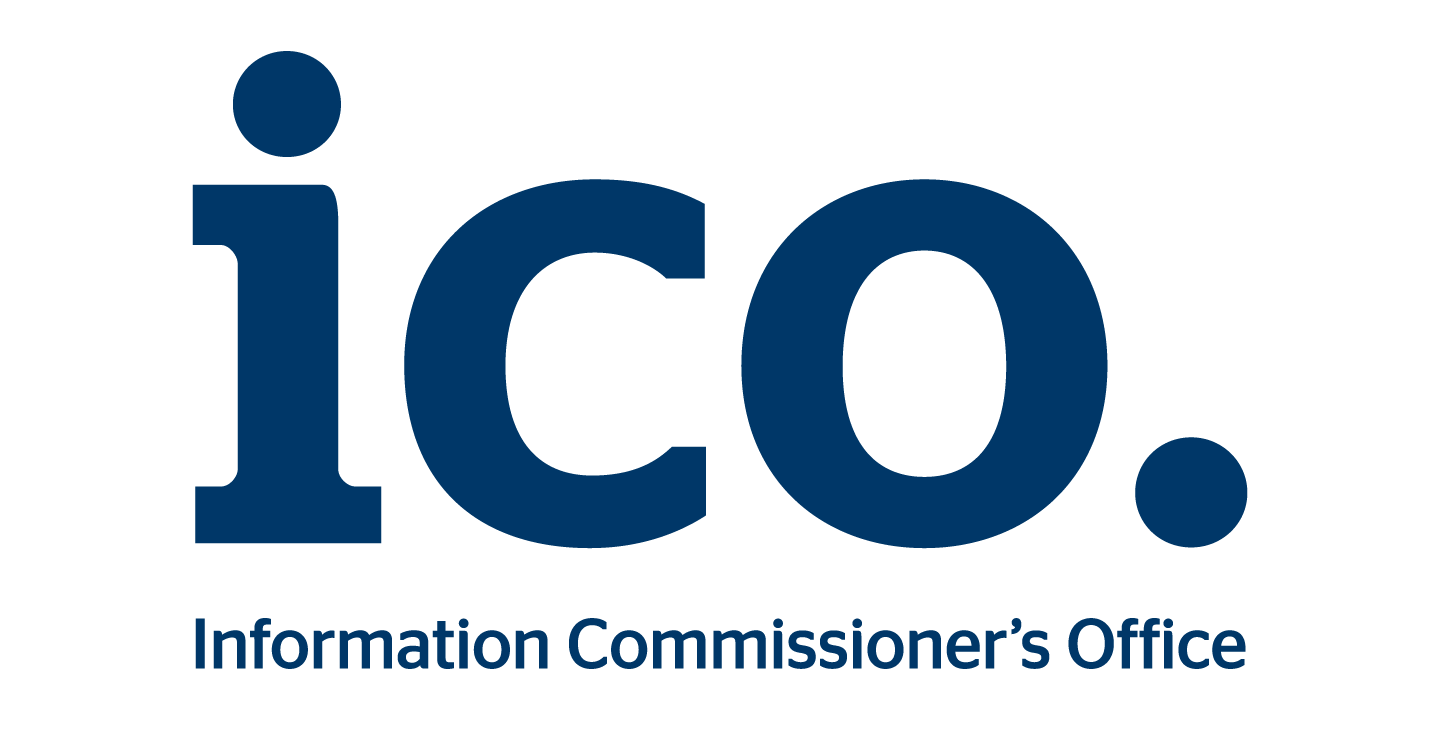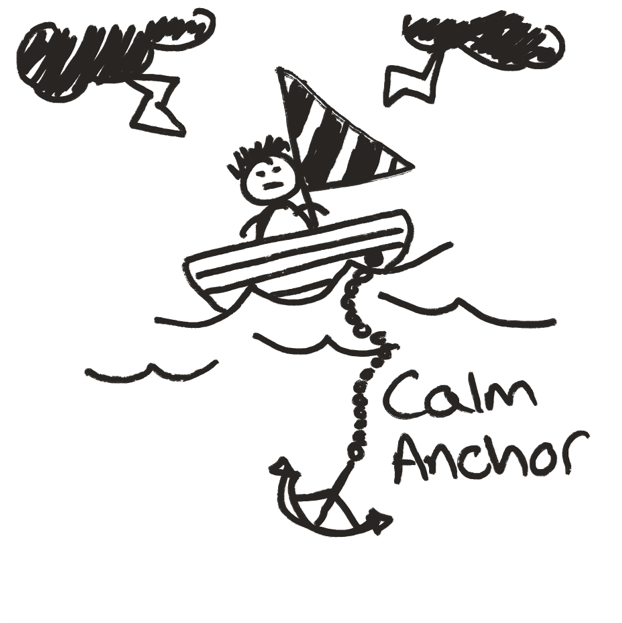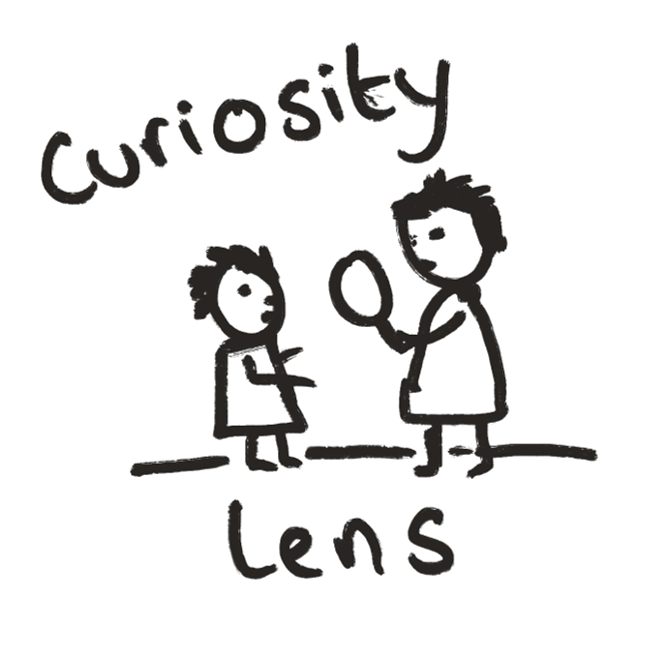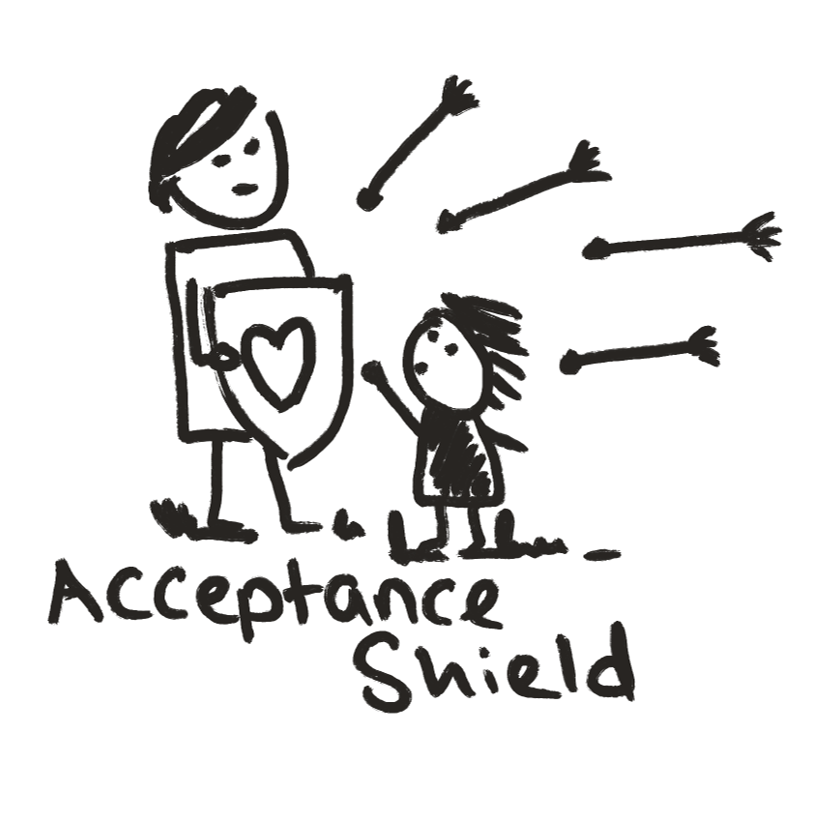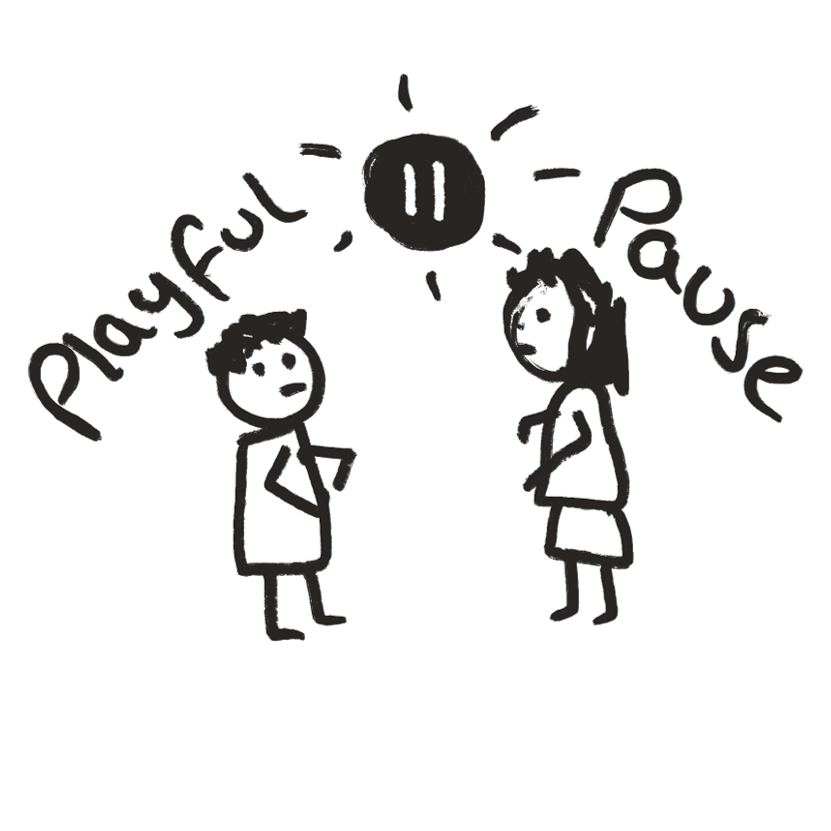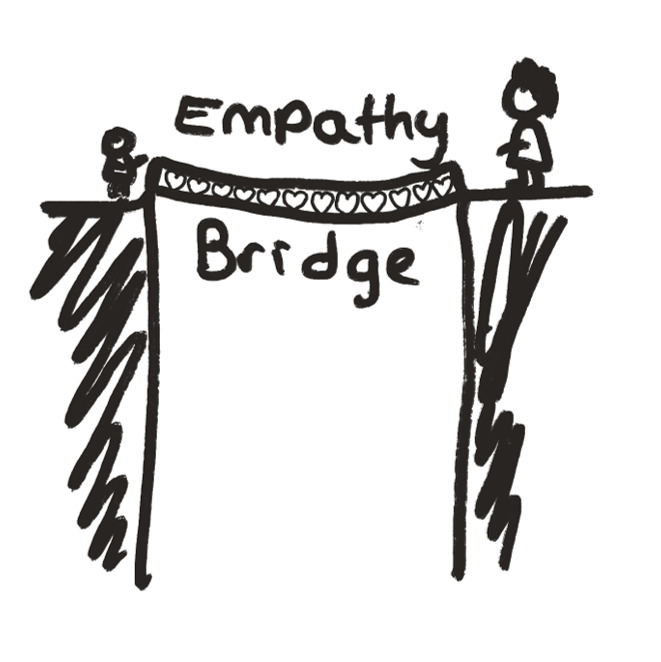If I could pass on one piece of advice to newly approved foster carers, it would be this: slow down. I know, it sounds simple. It’s the kind of thing people say when they’re trying to fill the silence or when they don’t really know what else to say. But trust me, slowing down—truly slowing down—is one of the hardest things you’ll ever have to do as a foster carer. Because fostering isn’t just about providing a safe place to live; it’s about making a child feel seen, heard, and valued for who they are. And that’s not something you can rush.
Each child who comes into your care carries their own story. Some carry it like a weight pressing down on their shoulders; others clutch it close to their chest, careful not to let you see too much. They each have their own pace for healing, and it’s your job to walk alongside them, however long it takes. You can’t pull them forward, no matter how much you want to. And believe me, you will want to. There will be days when you’re desperate to just fix it all, to take the pain away, to make things better. But that’s not how it works. Healing isn’t linear. It’s messy and complicated, and it’s often slower than you’d like. But it’s worth it.
When I try to explain this to the children we care for, I often use the metaphor of a frozen lake. Living with trauma, I tell them, is like crossing a frozen lake. Sometimes the ice feels solid, and other times it’s slippery or full of cracks. We wobble as we make our way across, and sometimes we’re scared that the ice will break and we’ll fall in. And sometimes, we do fall in. It’s terrifying, and it can feel like we’ll never get out. But we’re not crossing the lake alone. We’re doing it together, as a team. When one of us falls, the others are there to help pull them out. It might take years to get to the other side, but we’ll get there. And when we do, we’ll still stumble sometimes, but we’ll be stronger because we’ve learned how to pick ourselves up. And even when we’ve gone our separate ways, we’ll still be there for each other. That’s what it means to be a family.
It’s also important to remember that behaviour is often a form of communication. When a child lashes out, shuts down, or refuses to engage, it’s not about you. It’s about the pain or fear they’re carrying. The key is to approach those moments with curiosity and empathy. Ask yourself: What is this behaviour trying to tell me? It’s not always easy to stay calm in those moments, but if you can remind yourself that every big feeling has a story behind it, it can help you stay connected to the child, even when their behaviour is challenging.
And don’t try to do it all on your own. Fostering can feel overwhelming at times, and it’s okay to lean on your support network. Whether it’s your supervising social worker, other foster carers, or a trusted friend, having people who understand what you’re going through can make all the difference. Asking for help isn’t a sign of weakness; it’s a way of making sure you can keep showing up for the children in your care. None of us can do this alone, and we don’t have to.
Finally, learn to celebrate the small wins. Fostering isn’t always about big, dramatic transformations. Sometimes it’s about the quiet moments—the smile that wasn’t there before, the child who finally asks for help, or the way they start to relax into the routines you’ve worked hard to build. Those moments might seem small, but they’re everything. They’re the proof that what you’re doing matters.
Most importantly, be kind to yourself. Fostering is one of the most rewarding and challenging things you’ll ever do. You won’t get it right all the time, and that’s okay. What matters is that you keep showing up, with love, patience, and a willingness to learn. The children you care for might not always be able to say it, but your presence in their lives will make a difference. And sometimes, that difference is bigger than you’ll ever know.
Each child who comes into your care carries their own story. Some carry it like a weight pressing down on their shoulders; others clutch it close to their chest, careful not to let you see too much. They each have their own pace for healing, and it’s your job to walk alongside them, however long it takes. You can’t pull them forward, no matter how much you want to. And believe me, you will want to. There will be days when you’re desperate to just fix it all, to take the pain away, to make things better. But that’s not how it works. Healing isn’t linear. It’s messy and complicated, and it’s often slower than you’d like. But it’s worth it.
When I try to explain this to the children we care for, I often use the metaphor of a frozen lake. Living with trauma, I tell them, is like crossing a frozen lake. Sometimes the ice feels solid, and other times it’s slippery or full of cracks. We wobble as we make our way across, and sometimes we’re scared that the ice will break and we’ll fall in. And sometimes, we do fall in. It’s terrifying, and it can feel like we’ll never get out. But we’re not crossing the lake alone. We’re doing it together, as a team. When one of us falls, the others are there to help pull them out. It might take years to get to the other side, but we’ll get there. And when we do, we’ll still stumble sometimes, but we’ll be stronger because we’ve learned how to pick ourselves up. And even when we’ve gone our separate ways, we’ll still be there for each other. That’s what it means to be a family.
It’s also important to remember that behaviour is often a form of communication. When a child lashes out, shuts down, or refuses to engage, it’s not about you. It’s about the pain or fear they’re carrying. The key is to approach those moments with curiosity and empathy. Ask yourself: What is this behaviour trying to tell me? It’s not always easy to stay calm in those moments, but if you can remind yourself that every big feeling has a story behind it, it can help you stay connected to the child, even when their behaviour is challenging.
And don’t try to do it all on your own. Fostering can feel overwhelming at times, and it’s okay to lean on your support network. Whether it’s your supervising social worker, other foster carers, or a trusted friend, having people who understand what you’re going through can make all the difference. Asking for help isn’t a sign of weakness; it’s a way of making sure you can keep showing up for the children in your care. None of us can do this alone, and we don’t have to.
Finally, learn to celebrate the small wins. Fostering isn’t always about big, dramatic transformations. Sometimes it’s about the quiet moments—the smile that wasn’t there before, the child who finally asks for help, or the way they start to relax into the routines you’ve worked hard to build. Those moments might seem small, but they’re everything. They’re the proof that what you’re doing matters.
Most importantly, be kind to yourself. Fostering is one of the most rewarding and challenging things you’ll ever do. You won’t get it right all the time, and that’s okay. What matters is that you keep showing up, with love, patience, and a willingness to learn. The children you care for might not always be able to say it, but your presence in their lives will make a difference. And sometimes, that difference is bigger than you’ll ever know.
Write your awesome label here.



